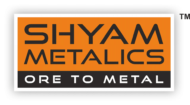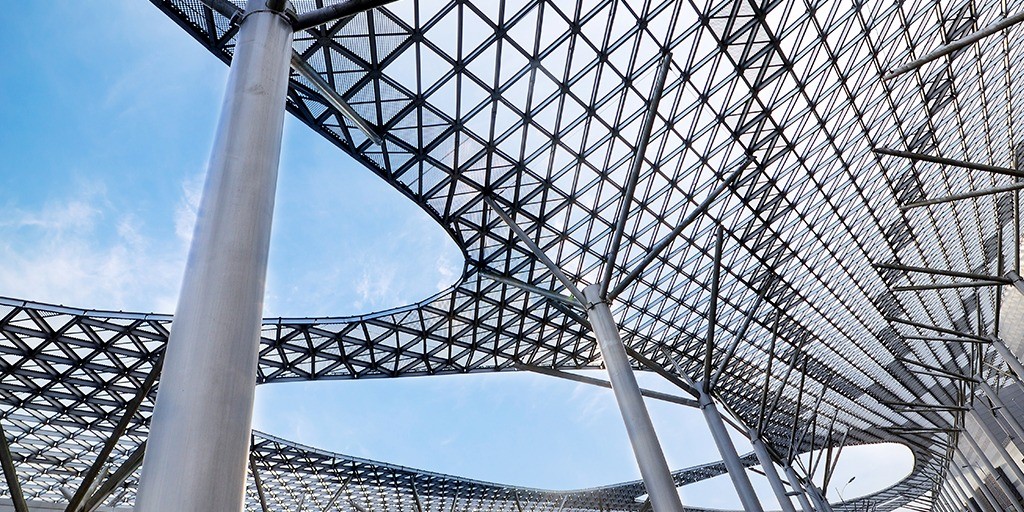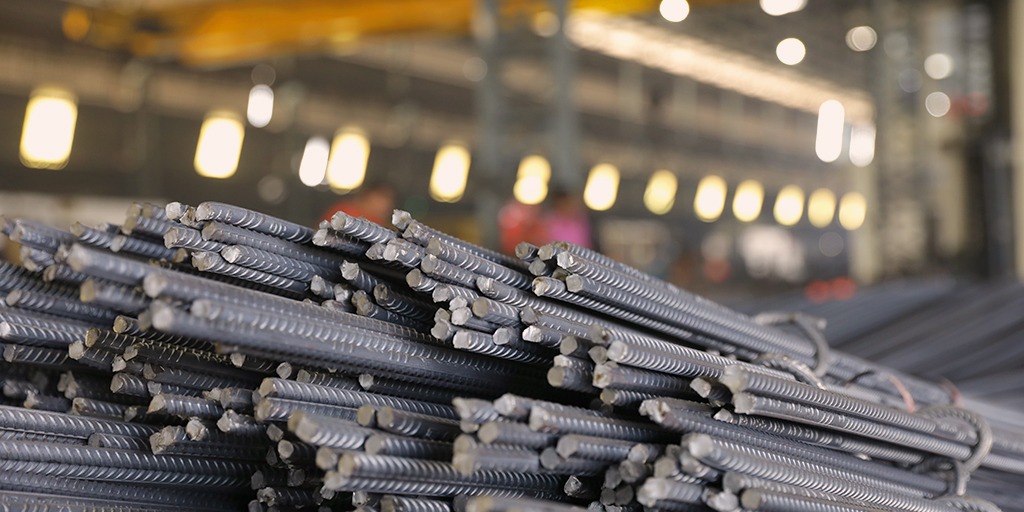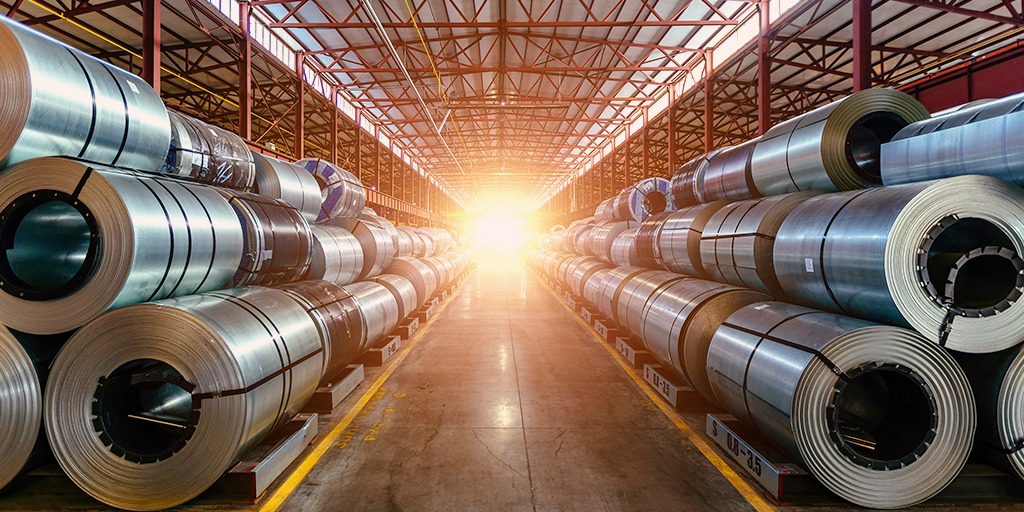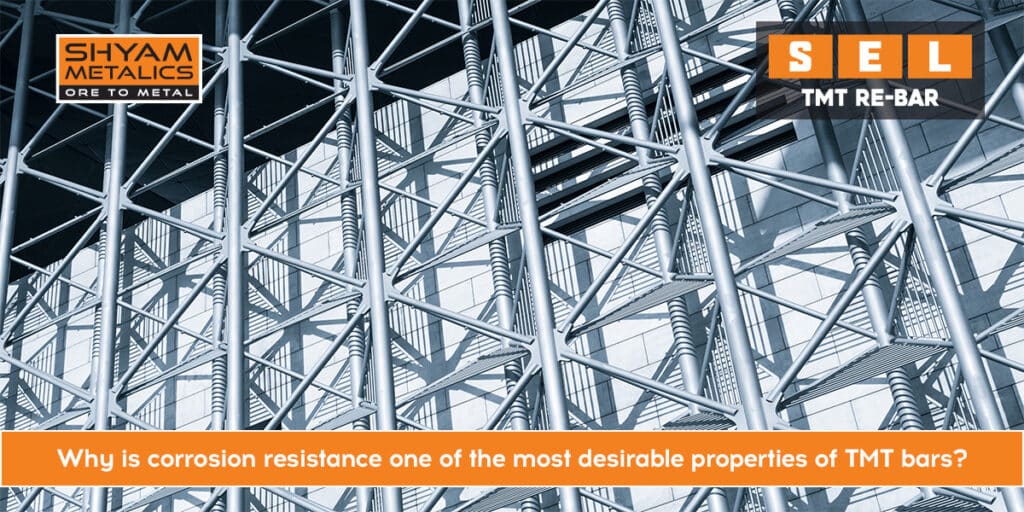
Why is Corrosion Resistance One of The Most Desirable Properties of TMT Bars?
Every structure is built on bricks and bars, and if the foundation is not constructed appropriately, the whole building can crumble down into a heap of dust. This is exactly why TMT bars are used in the construction of buildings. Nevertheless, since TMT bars are made of steel, they are susceptible to corrosion, like any other iron alloy.
But has it ever occurred to you why corrosion is treated as an unwelcome guest? It is so because when corrosion creeps in, it threatens the structural integrity of houses, bridges, and dams. The rust increases the volume of the TMT bar and exerts pressure on the concrete, resulting in cracks and ultimately structural failure.
Hence, corrosion is the irreversible deterioration of steel when the metallic surface of the TMT bar chemically reacts with environmental factors such as acid, moisture, oxygen, etc.
Thus, TMT bars are constructed using three corrosion-resistant elements, namely chromium, copper, and phosphorous. Renowned TMT bars manufacturers in India follow a unique three-step process of quenching, self-tempering, and annealing to manufacture the best quality rust-proof TMT bars.
Zinc-coated corrosion-resistant TMT bars are used in the construction of marine structures, industrial applications, or areas with high salinity/acid content in the air.
Having established the basics of corrosion-resistant TMT bars, let’s get to the heart of the matter and discuss what makes them so special?
Benefits of using corrosion-resistant TMT bars sourced from reputed TMT bars manufacturers in India
A wise choice for harsh environments – Thermo-mechanically treated TMT bars have an excellent corrosion resistance because, while fresh from the mill stand, they are quickly cooled with jets of water. This causes them to develop a hard outer layer called “martensite,” a layer that provides excellent corrosion-resistant properties. As a result, they are ideal for humid environments, particularly coastal states such as Tamil Nadu, Karnataka, Kerala, and Andhra Pradesh. Furthermore, they can withstand acidic soil, saline groundwater, or high moisture content in the air incredibly well.
Suitable for installation in seismic zones – In the event of an earthquake or natural disaster, these bars are worth the extra money since the building sustains only minor damage as opposed to a normal bar enduring significant destruction.
You May Like: Use Of TMT Bars Against Natural Disaster
High yield strength, ductility, and bendability – The addition of the copper filling in the pores makes it effortlessly weldable and flexible. They may be bent and twisted numerous times with the aid of a mandrel without showing any sign of cracking or deformation.
Optimizes the life of the building – The epoxy coating acts as a protection from anything that may erode the bars. The concrete might crack or spall due to steel corrosion which will eventually threaten the longevity of the building.
Caters to versatile applications – Suitable for construction of sewage drains and sewage treatment plants in replacement of steel bars, which are vulnerable to corrosion from salts, acids, and bases in wastewater.
Conclusion
Regardless of the coastal breeze, seawater, the saline subsoil, or gaseous emissions in industrial areas, TMT bars sourced from the leading TMT bars manufacturers in India can withstand the test of time.
ShyamMetalics is one of the most renowned TMT bars manufacturers in India with quality-checked anti-corrosion TMT bars. Our TMT bars undergo rigorous salt corrosion testing methods to check compliance with industry standards.
